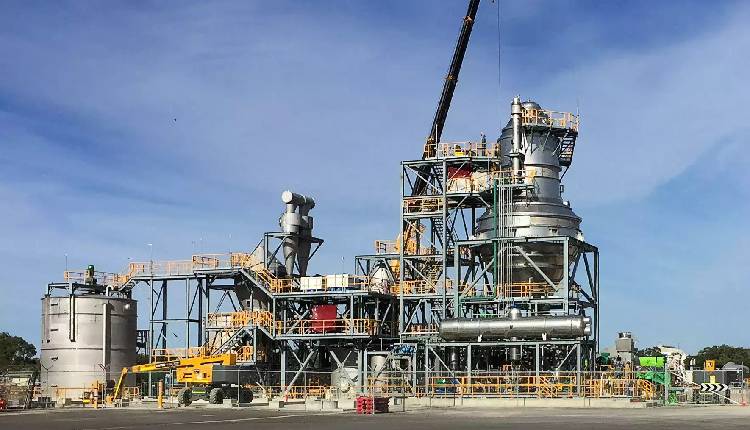Australia is providing support to its struggling nickel mining sector by enabling the industry to tap into a portion of the A$4 billion ($2.7 billion) federal government fund intended to promote essential minerals for energy transition, Reuters reported on Monday.
Nickel has been added to the critical minerals list by Australia’s resources minister Madeleine King, which allows the industry to tap into the federal government’s funding, however, the offered solution is more of a temporary fix than a comprehensive overhaul needed to segregate the global nickel industry into green and dirty.
King stated on February 16 that the global nickel price is expected to remain low until at least 2024, and possibly longer, until the market surplus is rectified, which jeopardises additional Australian nickel operations. She noted that since December, six active nickel facilities in Australia have either declared production cuts or entered into care and maintenance.
As the world’s fifth-largest nickel ore producer, Australia’s industry is struggling due to falling prices.
BHP Group, the largest mining company globally, announced a $2.5 billion non-cash impairment charge on its Western Australia nickel business on February 15.
Moreover, the London Metal Exchange (LME) listed the global benchmark nickel price at $16,356 per metric ton on February. 16, a 3.2 per cent increase from this year’s lowest price of $15,850 on February 7.
This low was the weakest since April 2021, and the LME nickel price has been on a continuous decline since peaking at $33,575 per ton on December 8, 2022.
Indonesia’s successful increase in refined and semi-refined nickel production, largely due to an export ban on raw ore, has led to a drop in prices. This ban has attracted significant Chinese investment in new processing plants, further boosting supply.


